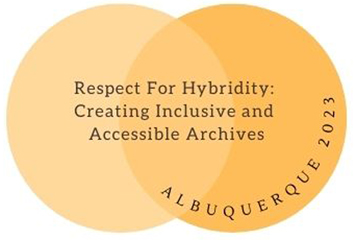Image courtesy of New Mexico TRUE
Workshops
Approaches to the Digitization of Archival Collections: A Hybrid Model
Description
The substantial benefits of digitizing cultural heritage collections have been widely recognized by academia and memory institutions. The benefits, however, are not without challenges that may discourage professionals from beginning digitization projects.
The purpose of this full day hybrid workshop is to inspire archivists and librarians to undertake digitization projects and contribute unique digital resources to the global information system. The workshop will be conducted by New Mexico State University Library faculty and staff who have extensive experience with digitization, digital collections, and acquiring federal grant funding, including a National Endowment for the Humanities award.
The workshop is intended for cultural heritage professionals who may be considering a digitization project. It is designed to provide useful conceptual and practical information about each stage of the process to a beginner audience.
Our learning objectives include the following:
- Participants will gain a clear understanding of the digitization process and its different stages, starting with project planning and ending with a published digital collection.
- Attendees will become familiar with different grant opportunities supporting cultural heritage collections.
- Participants will become aware of various standards guiding digitization projects.
- Participants will also have hands-on practice with creating metadata for various formats.
- Attendees will develop customized digitization toolkits with tips and resources on creating culturally inclusive and diverse collections.
Our presentation will cover the steps from project planning, applying for funding, assessing, prioritizing, and creating collection inventories, implementing scanning and metadata standards, obtaining equipment, configuring workspaces, recruiting and training of staff, designing workflows to establishing quality control measures.
Each stage of the digitization process discussed during the workshop will include an interactive component, such as creating lists of potential stakeholders at one’s institution, discussing pros and cons of undertaking a digitization project, defining goals, identifying funding sources, selecting appropriate standards, and developing a workflow. Participants will be working on their customized toolkits that will contain guidelines, lists of resources, and worksheets. In addition to developing a digitization folder, attendees will learn the importance of quality scanning and will also create metadata for different formats, including pictorial works and texts.
By the end of the workshop participants will have gained the necessary tools and knowledge to take on any digitization project with confidence.
Location:
Potters Room
Hotel Albuquerque
800 Rio Grande Boulevard
Albuquerque, NM 87104
Date:
Wednesday, April 26, 2023
Time:
10:00 am to 5:00 pm; presenters will be available at 9:00 am for pre-workshop consultations
Cost:
Donation-based workshop, $0-$70
Capacity:
30 in-person participants; 30 virtual participants
Required Knowledge and/or Equipment:
No prior knowledge or skills required. Attendees are asked to bring a laptop.
Instructors:
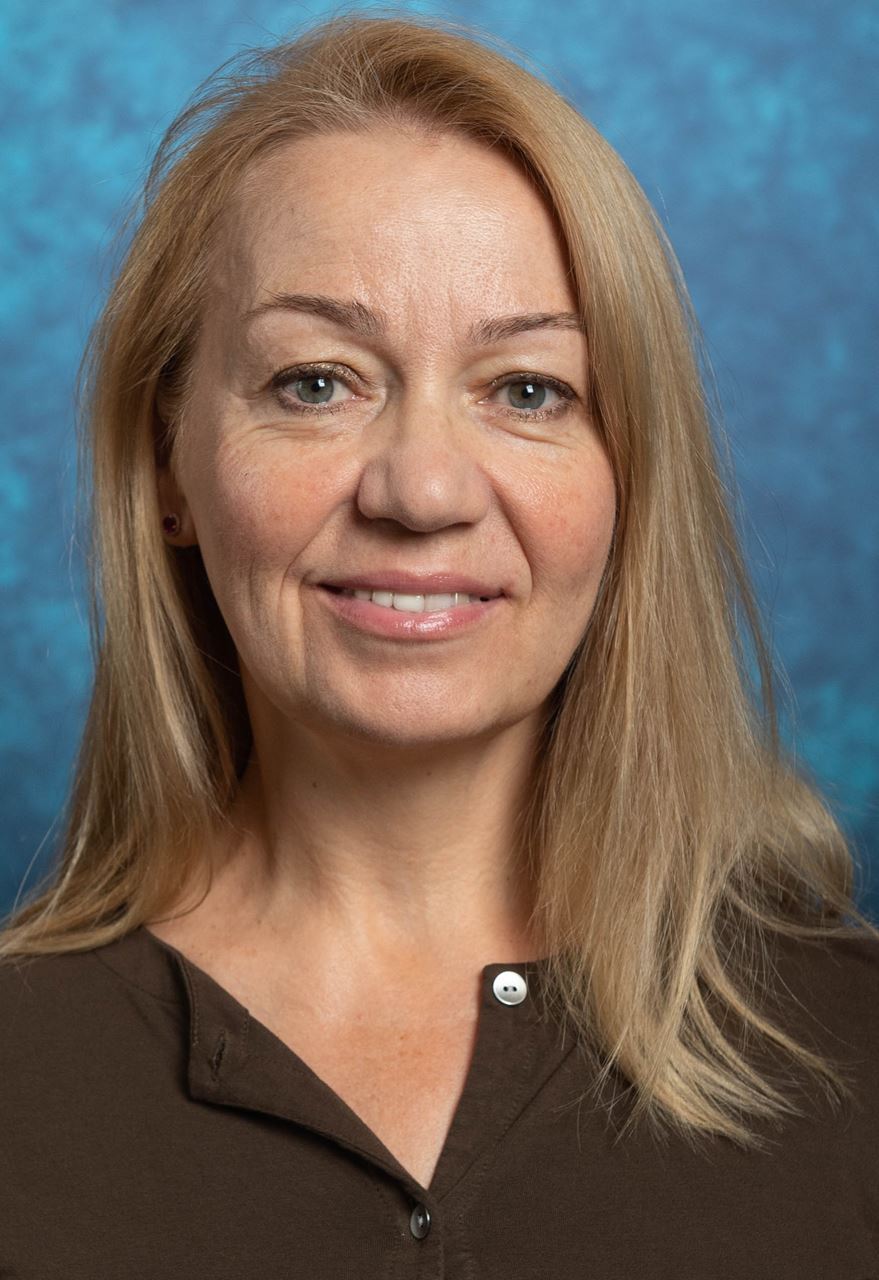 Monika Glowacka-Musial is a metadata librarian at New Mexico State University Library. She earned an MA in Polish literature and language from the University of Warsaw, Poland, a PhD in anthropology from the Temple University, and an MA in library and information science from the University of Arizona. She also received a certificate in digital information management from the University of Arizona. One important aspect of her current position is to explore ways in which digital content can be curated, enriched, shared and engaged with creatively. She published an ALA Library Technology Report on using data visualization for exploring and experimenting with digital collections data (LTR Vol. 57 No.1 January, 2021). Recently, Monika has been actively involved in two major digitization projects funded by the U.S. Department of Education, Higher Education Emergency Relief Fund (HEERF) in December 2021, and by the National Endowment for the Humanities in April 2022. The first one aimed at digitizing over forty archival collections, the second one focused on digitization of the Amador Family correspondence of 15,000 pages. Both projects are in progress.
Monika Glowacka-Musial is a metadata librarian at New Mexico State University Library. She earned an MA in Polish literature and language from the University of Warsaw, Poland, a PhD in anthropology from the Temple University, and an MA in library and information science from the University of Arizona. She also received a certificate in digital information management from the University of Arizona. One important aspect of her current position is to explore ways in which digital content can be curated, enriched, shared and engaged with creatively. She published an ALA Library Technology Report on using data visualization for exploring and experimenting with digital collections data (LTR Vol. 57 No.1 January, 2021). Recently, Monika has been actively involved in two major digitization projects funded by the U.S. Department of Education, Higher Education Emergency Relief Fund (HEERF) in December 2021, and by the National Endowment for the Humanities in April 2022. The first one aimed at digitizing over forty archival collections, the second one focused on digitization of the Amador Family correspondence of 15,000 pages. Both projects are in progress.
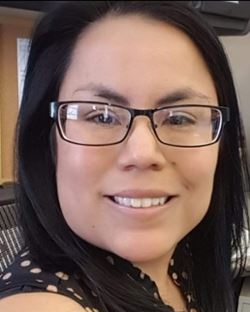 Jennifer Olguin is the Rio Grande Historical Collections archivist at the New Mexico State University Library. She holds an M.L.S degree with a concentration in archival studies from the University of North Texas and she completed her undergraduate studies at New Mexico State University where she earned her bachelor’s in Criminal Justice and Spanish. She has more than ten years’ experience at NMSU archives and she is responsible for overseeing the Rio Grande Collections manuscript collections. She has been involved in several digitization efforts at the NMSU Library where she has served as Principal and Co-Principal Investigator for various federally funded digitization initiatives. Recently, she has been invited to serve as a National Endowment for the Humanities reviewer.
Jennifer Olguin is the Rio Grande Historical Collections archivist at the New Mexico State University Library. She holds an M.L.S degree with a concentration in archival studies from the University of North Texas and she completed her undergraduate studies at New Mexico State University where she earned her bachelor’s in Criminal Justice and Spanish. She has more than ten years’ experience at NMSU archives and she is responsible for overseeing the Rio Grande Collections manuscript collections. She has been involved in several digitization efforts at the NMSU Library where she has served as Principal and Co-Principal Investigator for various federally funded digitization initiatives. Recently, she has been invited to serve as a National Endowment for the Humanities reviewer.
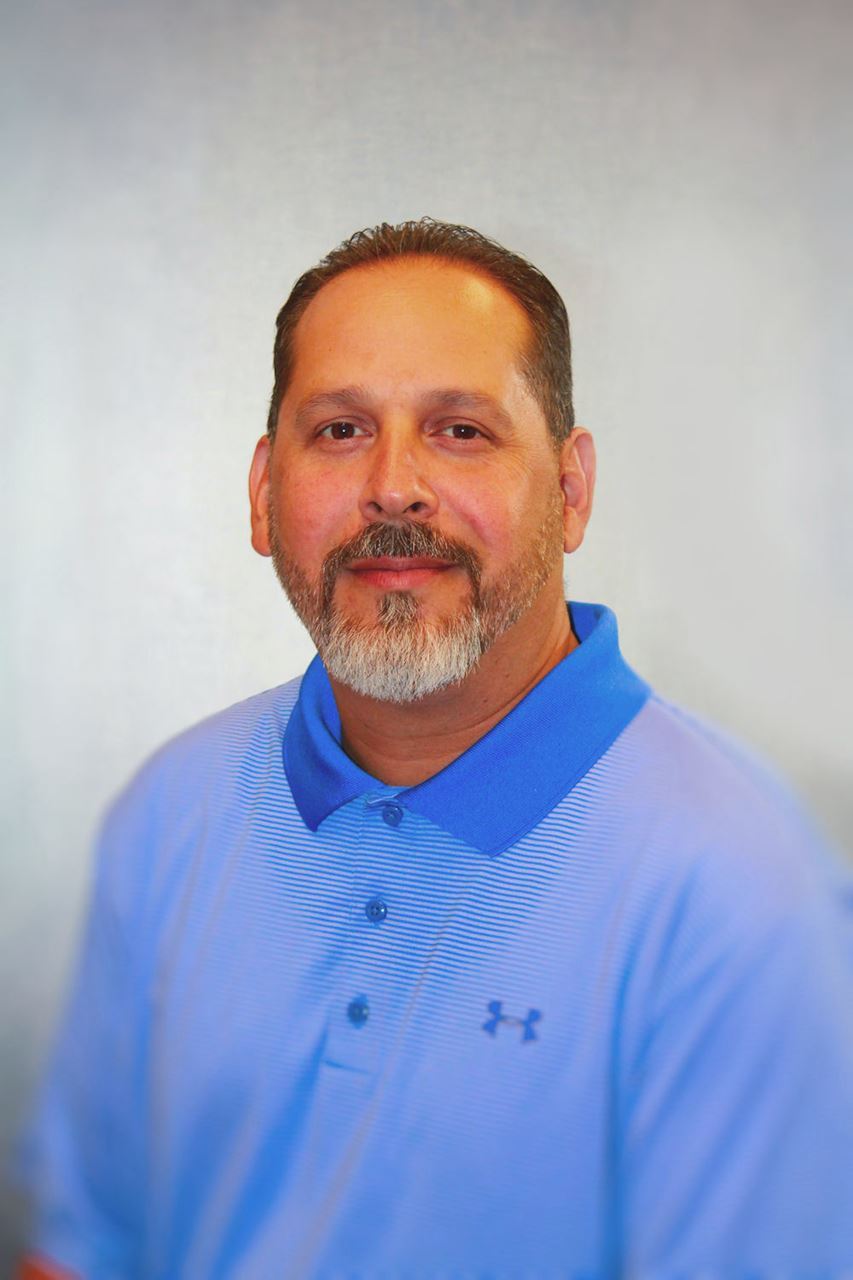 Matthew Martinez is a Library Specialist, Sr. in the Metadata Unit of the Technical Services Department at the New Mexico State University Library. He completed his undergraduate studies at New Mexico State University in 2013 and earned a Bachelor of Science in Mechanical Engineering along with minors in Mathematics and Aerospace Engineering. Matthew has more than six years of experience processing, digitizing, editing, and creating metadata for digital assets. Recently, Matthew has been actively involved in two major digitization projects funded by the U.S. Department of Education, Higher Education Emergency Relief Fund (HEERF) in December 2021, and by the National Endowment for the Humanities in April 2022. The first one aimed at digitizing over forty archival collections, the second one focused on digitization of the Amador Family correspondence of 15,000 pages. Both projects are in progress.
Matthew Martinez is a Library Specialist, Sr. in the Metadata Unit of the Technical Services Department at the New Mexico State University Library. He completed his undergraduate studies at New Mexico State University in 2013 and earned a Bachelor of Science in Mechanical Engineering along with minors in Mathematics and Aerospace Engineering. Matthew has more than six years of experience processing, digitizing, editing, and creating metadata for digital assets. Recently, Matthew has been actively involved in two major digitization projects funded by the U.S. Department of Education, Higher Education Emergency Relief Fund (HEERF) in December 2021, and by the National Endowment for the Humanities in April 2022. The first one aimed at digitizing over forty archival collections, the second one focused on digitization of the Amador Family correspondence of 15,000 pages. Both projects are in progress.
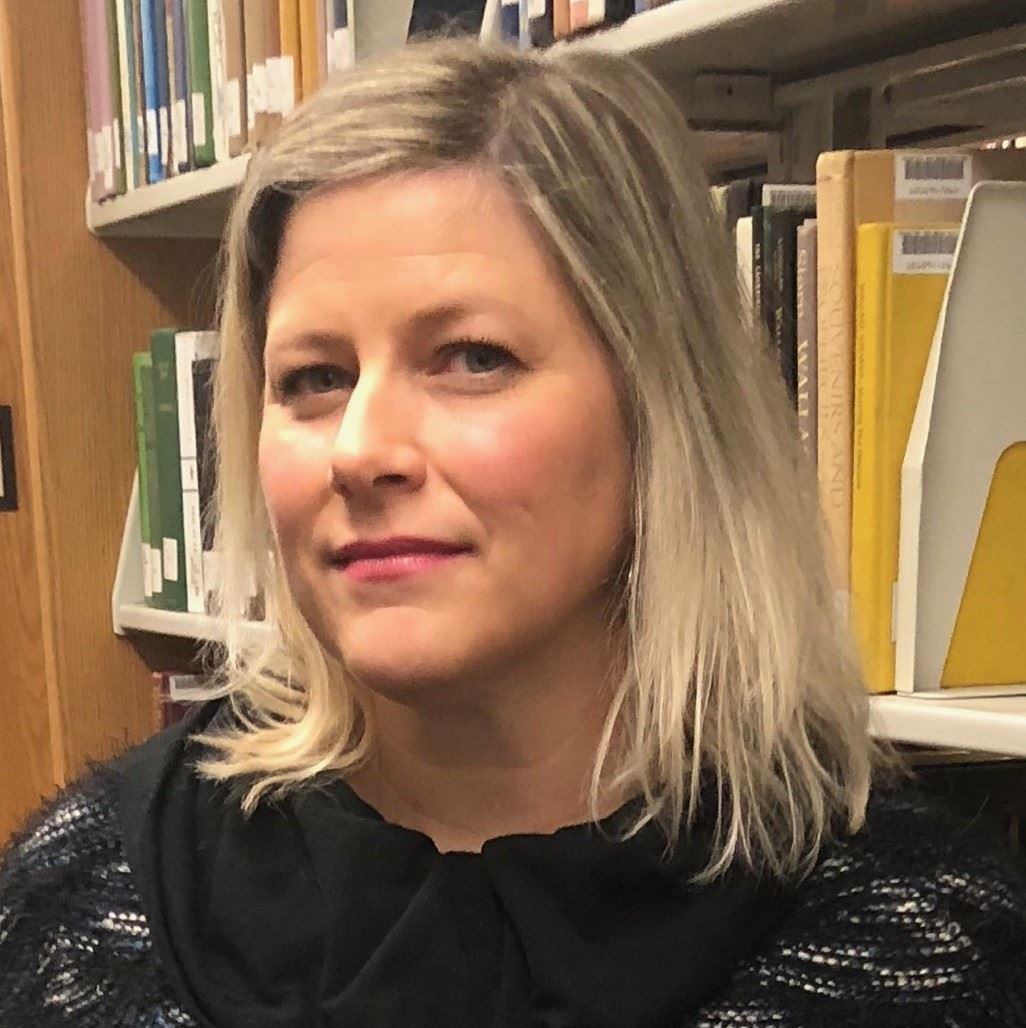 Tiffany Schirmer is a Library Specialist, Sr. in the Technical Services Department at New Mexico State University where she works in the metadata unit on digital collections. She has worked on two major grants to digitize materials from the NMSU Archives and Special Collections. Tiffany received her Master of Library Science from the University of North Texas with a certificate in Digital management and Data Curation.
Tiffany Schirmer is a Library Specialist, Sr. in the Technical Services Department at New Mexico State University where she works in the metadata unit on digital collections. She has worked on two major grants to digitize materials from the NMSU Archives and Special Collections. Tiffany received her Master of Library Science from the University of North Texas with a certificate in Digital management and Data Curation.
Personal Military Records and the Virtual Footlocker Project Curriculum
Description
This half-day hybrid workshop is designed to help cultural heritage workers train active service members and veterans of the U.S. armed forces to collect, organize, store, and preserve their personal records by utilizing the Virtual Footlocker Project curriculum (VFP). The workshop will also discuss adapting the VFP curriculum to other audiences in the final module.
The VFP assists contemporary veterans and active-duty military with the preservation of their personal military records. As part of the IMLS-funded project, the VFP created a training curriculum for veterans that is available as an online or in-person workshop. Additionally, the VFP created a separate curriculum for cultural heritage workers to train them on the issues surrounding personal military records, best practices for working with military members, how to utilize the VFP veteran’s curriculum, and how to design and implement participatory recordkeeping projects with veterans. The proposed workshop will use the latter curriculum with an emphasis on the digitized and born-digital records created by veterans. The workshop will include a combination of presentation, small group discussion, and brainstorming.
The workshop is divided into four 50-minute modules with a planned 20-minute break between modules 2 & 3. Each module will end with smaller group discussions or brainstorming activities.
Module 1: Introduction to Personal Military Records
Module 2: Working with active-duty military and veterans
Module 3. VFP Curriculum for Active-Duty Military and Veterans
Module 4. Creating and implementing outreach projects for veterans & adapting VFP curriculum for other groups. Note: This module will include a longer discussion & brainstorming period.
Learning Objectives:
Upon completion of the workshop, participants will be able to:
1. Discuss the key issues and challenges of keeping personal military records.
2. Implement best practices for working with veterans.
3. Deliver the VFP curriculum for active-duty military and veterans.
4. Design and implement participatory recordkeeping projects with veterans.
Location:
Weavers Room
Hotel Albuquerque
800 Rio Grande Boulevard
Albuquerque, NM 87104
Date:
Wednesday, April 26, 2023
Time:
1:00 pm to 5:00 pm
Cost:
FREE
Capacity:
30 in person participants; 30 virtual participants
Required Knowledge and/or Equipment:
No prior knowledge or skills required.
Instructor

Edward Benoit, III is Associate Director and Associate Professor in the School of Library & Information Science at Louisiana State University. He coordinates the archival studies and cultural heritage resource management programs. He received an MA in History, MLIS and PhD in Information Studies from the University of Wisconsin-Milwaukee. His research focuses on participatory and community archives, non-traditional archival materials, climate change, and archival education. He is the founder and director of the Virtual Footlocker Project, which examines the personal archiving habits of the 21st century soldier in an effort to develop new digital capture and preservation technologies to support their needs. He also directs PROTECCT-GLAM, an IMLS-funded project focused on identify climate-change-related risks for GLAMs.
